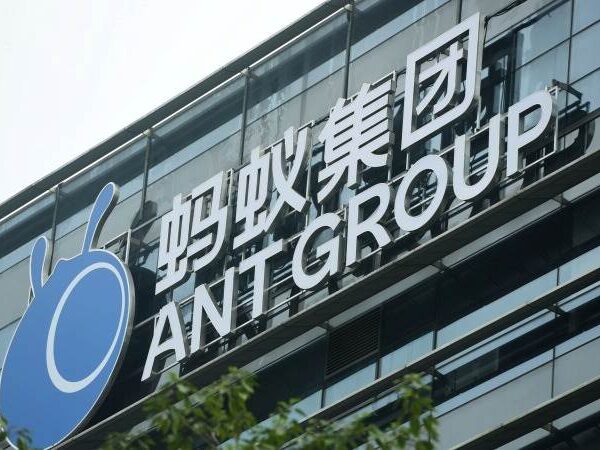China’s regulatory crackdown on its domestic tech sector continues as the People’s Bank of China (PBOC) fines Alibaba affiliate Ant Group a staggering 7.12 billion yuan ($985 million) for multiple violations of laws and regulations. This penalty, one of the largest ever imposed on a Chinese internet firm, marks a significant development in the ongoing scrutiny and restructuring of Ant Group, following the cancellation of its highly anticipated $37 billion initial public offering (IPO) in late 2020.
The violations cited by the PBOC encompass a range of issues, including corporate governance, consumer protection, and anti-money laundering requirements. The fine serves as a clear signal that Chinese authorities are determined to enforce strict regulations and hold tech companies accountable for their actions. The penalty also reflects Beijing’s efforts to bring Ant Group under its control, as the company has been forced to undergo a significant business overhaul, transforming itself into a financial holding company operating within the purview of the PBOC.
Ant Group’s ties to Alibaba and its founder, Chinese billionaire Jack Ma, are noteworthy. Alibaba owns approximately 33% of Ant Group, and Jack Ma serves as the founder of both entities. The cancellation of Ant Group’s listing in 2020 due to regulatory concerns set off a series of events that led to a two-year crackdown by Beijing on China’s domestic tech sector. The consequences for Ant Group have been far-reaching, necessitating fundamental changes to its operations and corporate structure.
Despite the challenges, there have been recent indications that Ant Group has made progress in addressing regulatory concerns. In January, the company received approval to expand its consumer finance business, suggesting a potential resolution to its regulatory woes. The significant fine levied by the PBOC and the reported rectification of outstanding issues in Ant Group’s financial business are positive signs that the company is taking compliance seriously.
The timing of the fine and the potential resolution of Ant Group’s regulatory challenges align with China’s broader strategy of invigorating the private industry in the face of a challenging domestic economic landscape. As the People’s Bank of China stated in its announcement, most of the problems in the financial business of platform companies like Ant Group have been rectified, signaling a shift towards normalized supervision rather than punitive measures.
Ant Group responded to the fine with a statement pledging full compliance and an earnest commitment to enhancing their compliance governance. The company’s cooperation with regulators will likely be closely monitored as its regulatory journey progresses.
The implications of this fine extend beyond Ant Group itself and reflect a wider crackdown on the empire of Jack Ma. Chinese regulators have introduced stringent rules across various areas, including data protection and antitrust, aiming to rein in the power of the country’s largest tech firms. Alibaba, another entity founded by Jack Ma, faced its own antitrust fine of $2.8 billion in 2021, adding to the scrutiny of Ma’s business ventures.
Other prominent Chinese tech companies have also faced regulatory actions. Meituan, a food delivery giant, was fined 3.44 billion yuan in 2021 after an antitrust probe. Likewise, the cyberspace regulator penalized ride-hailing giant Didi with a fine of 8.02 billion yuan in 2020 for violating the country’s data security law. These actions collectively demonstrate China’s determination to assert control over its tech sector and ensure compliance with its regulations.
The spotlight now turns to the possibility of Ant Group’s eventual listing. However, it is worth noting that the company’s valuation has significantly declined over the past two and a half years due to the regulatory challenges it has faced. As Ant Group navigates this complex regulatory landscape, its ability to regain investor confidence and successfully move forward remains a key question.
- Google Maps to revolutionize navigation with Satellite features, eliminating dead zones - April 22, 2024
- East Asia’s Growth Outpaces Global Average Amidst China’s Economic Challenges, Says World Bank - April 4, 2024
- EU Probes Apple, Google and Meta for Potential Violations of New Digital Law - March 27, 2024

